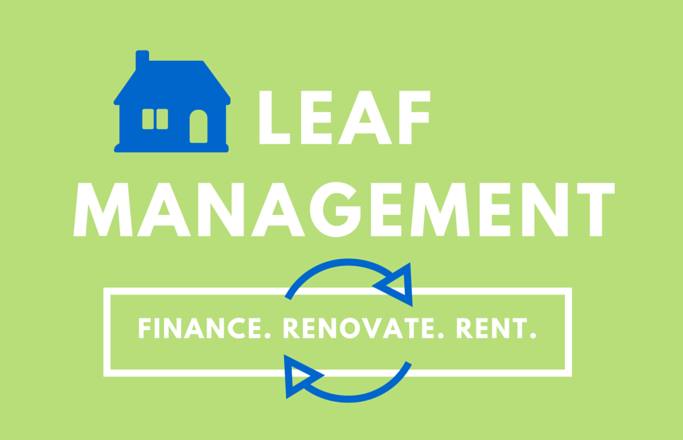Surprising Expenses of Converting Your Primary Residence into a Rental Property: A Comprehensive Guide
Converting your primary residence into a rental property can be a smart financial move, but you must be aware of the expenses you may incur along the way. If you’re renting out your former home for the first time, there are a few costs you should be prepared for that you may have yet to consider. Here are some cost to expect when you turn your primary residence into a rental property:
- Increased home insurance: When you turn your primary residence into a rental property, your home insurance needs may change. Many home insurance policies exclude coverage for damage caused by tenants, so you may need to purchase additional insurance to protect your property. You should also expect your premiums to increase, as rental properties are generally considered a higher risk.
- Loss of homestead exemption: If you’re moving out of your current home and renting it out, you may lose your homestead exemption, which is a property tax reduction for owner-occupied dwellings. This means your property taxes may increase, which is an added expense.
- Maintenance costs: As a landlord, you’re responsible for maintaining the rental property and making necessary repairs. This can include fixing leaky faucets to replacing a broken water heater. You should set aside a budget for these expenses and be prepared for the unexpected.
- Advertising and marketing costs: To attract tenants, you’ll need to advertise your rental property. This can include creating listings on rental websites, placing ads in local publications, and potentially hiring a property management company. These costs can add up, so be prepared to budget for them.
- Legal fees: If you’re new to the world of rental properties, you may need to hire an attorney to help you become a landlord. This can include drafting a lease agreement and advising you on your rights and responsibilities as a landlord.
- Management fees: If you don’t feel comfortable managing the rental property yourself, you may hire a property management company. These companies can handle tasks such as advertising, screening tenants, and handling maintenance and repair issues. While they can be valuable resources, they come with a cost.
Conclusion
While renting out your former primary residence can be a lucrative investment, it’s essential to be aware of the additional expenses that come with it. By preparing for these costs and budgeting accordingly, you can ensure that your rental property is booming.
If you’re considering converting your primary residence into a rental property, take the time to research the expenses you can expect. This will help you make an informed decision about whether or not this is a suitable investment. Feel free to seek advice from professionals, such as an attorney or property management company, to ensure that you’re prepared for the journey ahead.
